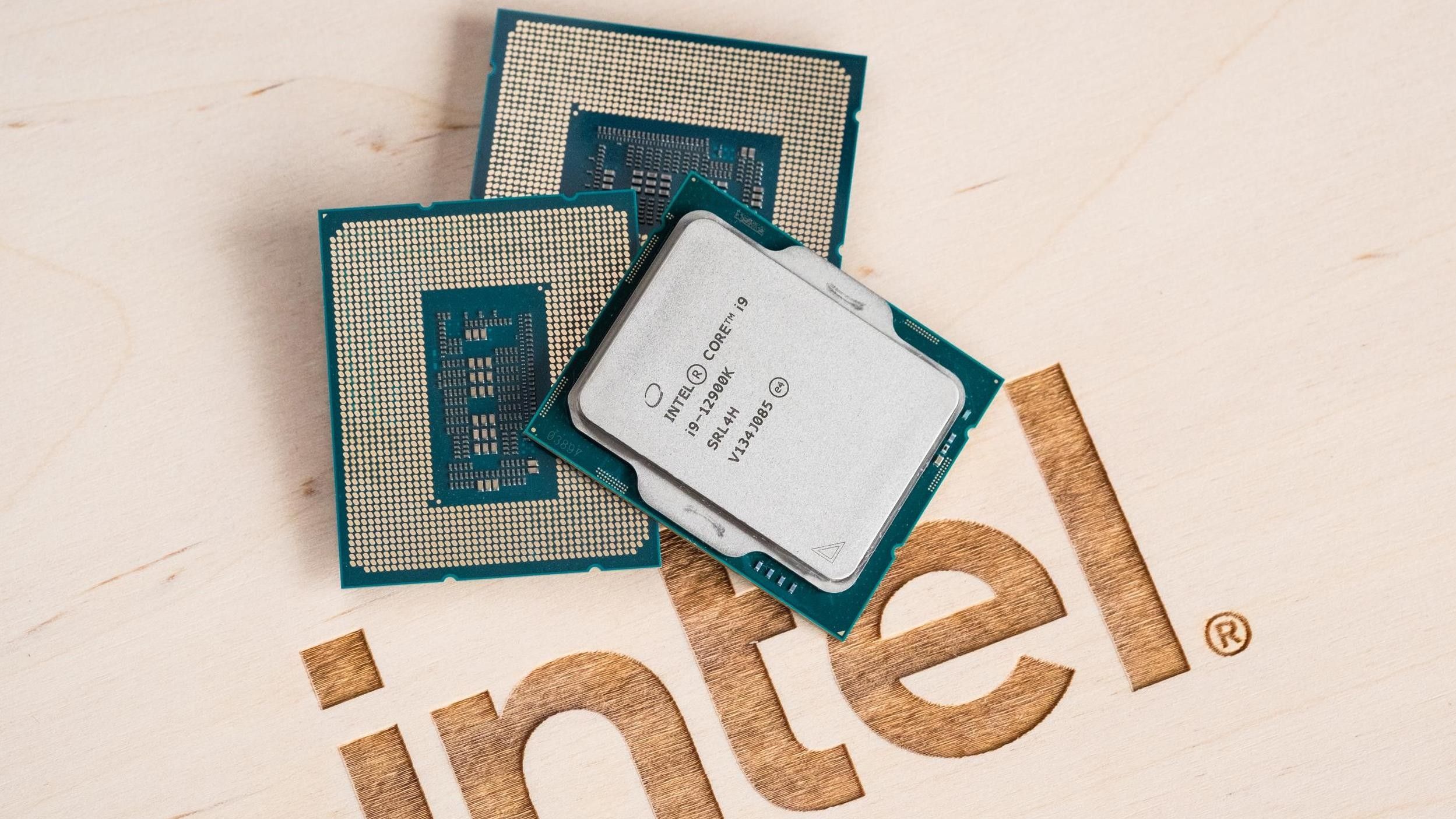Top Stories
US Government Acquires 10% Stake in Intel, Reshaping Procurement

The United States government has acquired a 9.9% stake in Intel, significantly altering the landscape of technology procurement. This move, announced by President Donald Trump on March 15, 2024, transforms Intel into a government-backed entity, influencing how enterprises assess their supplier relationships. The funding comes from the CHIPS Act and is intended to bolster national interests in the semiconductor industry.
In his announcement, President Trump stated on Truth Social, “It is my Great Honor to report that the United States of America now fully owns and controls 10% of INTEL, a Great American Company that has an even more incredible future.” He claimed that the government paid nothing for the shares, which are now valued at approximately $11 billion. Intel clarified that the $8.9 billion investment reflects confidence in its role in advancing national priorities. This investment is sourced from a $3.2 billion grant from the Department of Defense and $5.7 billion in remaining CHIPS Act grants.
Changing Dynamics of IT Procurement
This new stake positions the US government as Intel’s largest shareholder, although it will not have board representation. The implications for enterprise buyers are profound. According to Sanchit Vir Gogia, chief analyst at Greyhound Research, Intel’s new identity as a government-backed “national champion” necessitates a reevaluation of procurement strategies.
“Technology buyers have traditionally focused on cost, performance, and alignment with product roadmaps,” Gogia explained. “Intel’s repositioning disrupts that calculus.” The shift introduces political considerations into procurement decisions, as companies must now weigh the implications of sourcing from a national security asset.
The recalibration of procurement strategies is acknowledged by Neil Shah, VP for research at Counterpoint Research. He noted that Intel’s status as a national champion could enhance supply chain robustness, mitigating risks associated with global geopolitical tensions. However, this dual role raises concerns about potential conflicts, particularly regarding resource allocation.
National Security vs. Commercial Interests
The implications of this arrangement extend beyond procurement strategies. With government backing, there are fears that Intel may prioritize national security initiatives over commercial needs, potentially impacting its product development timelines. Gogia cautioned that “the risk for commercial customers is that engineering bandwidth may be diverted away from competitive product roadmaps.”
Conversely, Dr. Danish Faruqui, CEO at Fab Economics, disputes this concern, asserting that R&D resource allocations remain consistent across both public and private initiatives. He emphasized that enterprise customers should not anticipate delays in technology development due to this new arrangement.
The US government’s stake also creates a two-tiered global market structure, with enterprise buyers in regions such as Europe and Asia potentially facing greater challenges. Gogia warned that “Intel’s government-backed monopoly raises concentration risk, as supply will inevitably be prioritized for US customers.” This situation could paradoxically benefit competitors such as AMD, Nvidia, and Qualcomm, allowing them to innovate without the pressure of competing against a heavily subsidized Intel.
The broader implications of the CHIPS Act funding extend beyond Intel, as it supports domestic sourcing across various semiconductor manufacturers. Faruqui highlighted that whether fabrication occurs at Intel, TSMC, or Samsung, there should be no forced choices for customers.
Potential challenges remain for Intel’s foundry division, which has struggled to attract customers and generate profits. Analysts, including Alvin Nguyen from Forrester, suggest that while the $8.9 billion investment provides financial stability, it does not resolve the inherent challenges facing the foundry business. “This investment provides a financial lifeline as they find foundry customers and develop new processes,” Nguyen said, but he cautioned that “the risks associated with their foundry business are still present.”
Despite the substantial subsidies, Gogia pointed out that the foundry division continues to post multi-billion-dollar losses, with limited customer traction. This indicates that while government support may extend Intel’s financial runway, it does not address the structural weaknesses that customers demand, such as yield rates and process maturity.
Monitoring Intel’s Transformation
As Intel undergoes this significant transformation, analysts recommend that enterprise buyers remain vigilant in managing their technology procurement strategies. Shah emphasized the importance of tracking Intel’s advancements in technology and pricing to ensure that government backing translates into tangible benefits for consumers.
Gogia advises companies to treat Intel’s foundry as a politically secured option for compliance-heavy workloads, yet cautions against relying solely on it for leading-edge capacity. The evolving nature of Intel’s role, as both a commercial vendor and a national security asset, requires careful navigation by enterprises looking to align with a rapidly changing market landscape.
In summary, Intel’s new status as a government-backed entity presents both opportunities and challenges for enterprise buyers. As the dynamics of procurement shift, companies must adapt strategies to ensure they are prepared for the implications of this significant development.
-

 World1 week ago
World1 week agoPrivate Funeral Held for Dean Field and His Three Children
-

 Top Stories2 weeks ago
Top Stories2 weeks agoFuneral Planned for Field Siblings After Tragic House Fire
-

 Sports3 months ago
Sports3 months agoNetball New Zealand Stands Down Dame Noeline Taurua for Series
-

 Entertainment3 months ago
Entertainment3 months agoTributes Pour In for Lachlan Rofe, Reality Star, Dead at 47
-

 Entertainment2 months ago
Entertainment2 months agoNew ‘Maverick’ Chaser Joins Beat the Chasers Season Finale
-

 Sports3 months ago
Sports3 months agoSilver Ferns Legend Laura Langman Criticizes Team’s Attitude
-

 Sports1 month ago
Sports1 month agoEli Katoa Rushed to Hospital After Sideline Incident During Match
-

 World2 weeks ago
World2 weeks agoInvestigation Underway in Tragic Sanson House Fire Involving Family
-

 Politics2 months ago
Politics2 months agoNetball NZ Calls for Respect Amid Dame Taurua’s Standoff
-

 Top Stories2 weeks ago
Top Stories2 weeks agoShock and Grief Follow Tragic Family Deaths in New Zealand
-

 Entertainment3 months ago
Entertainment3 months agoKhloe Kardashian Embraces Innovative Stem Cell Therapy in Mexico
-

 World4 months ago
World4 months agoPolice Arrest Multiple Individuals During Funeral for Zain Taikato-Fox





















